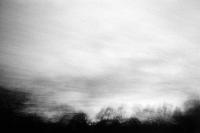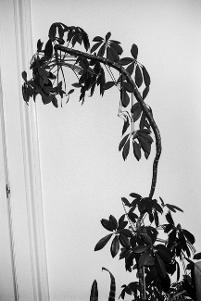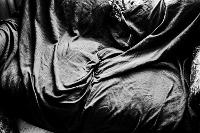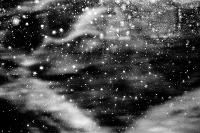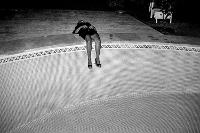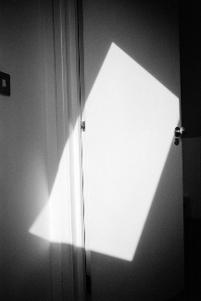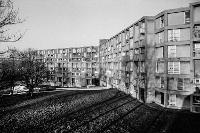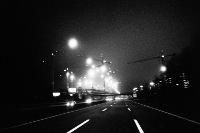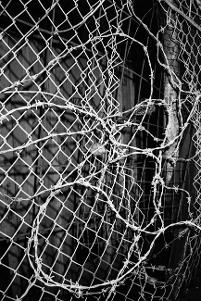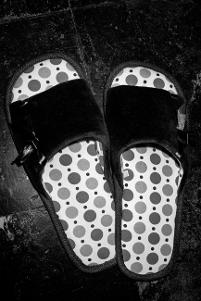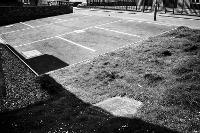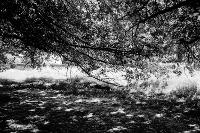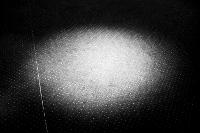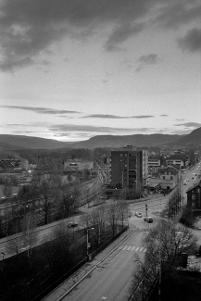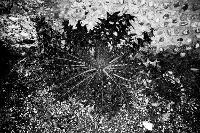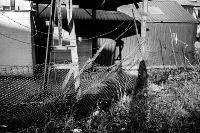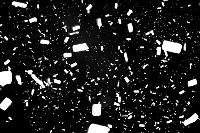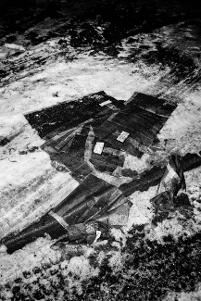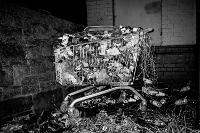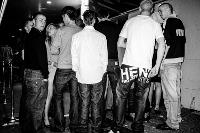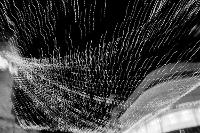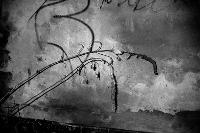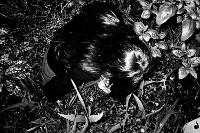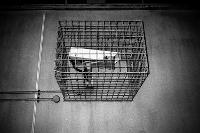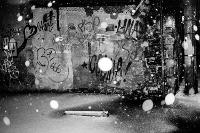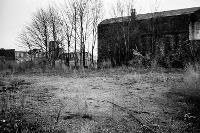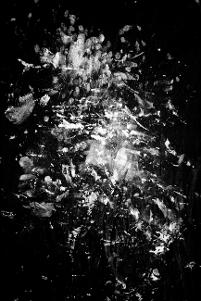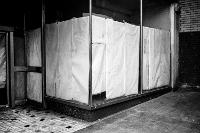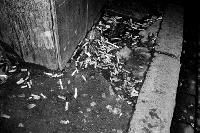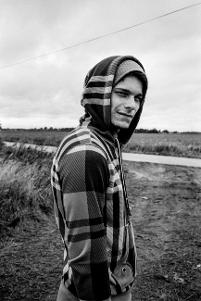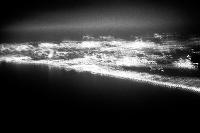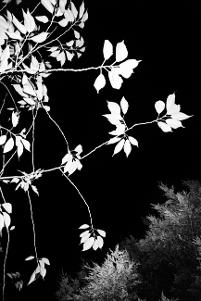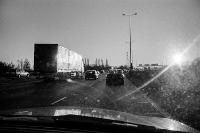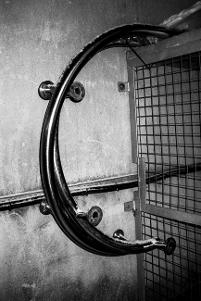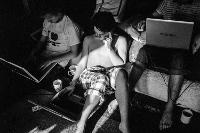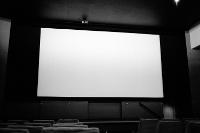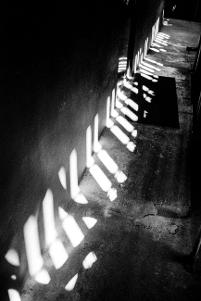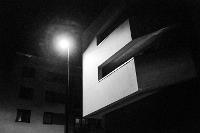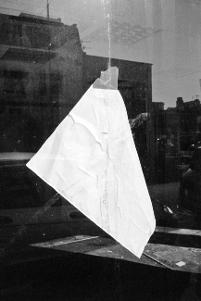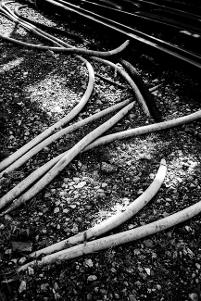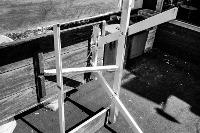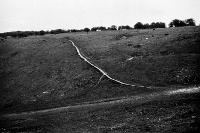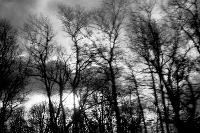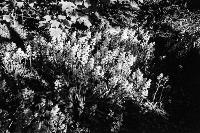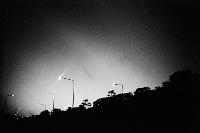Insurrection
2008-2011
The lucidity of a photographer’s attention to the world can transcend the limitations of what it is that we expect to see there. This same quality of sustained attention stands out in the work of Marcus Haydock and in bringing together those charged moments of insight he achieves a satisfying narrative density at odds with the apparent disparity of his subject matter. Those connections are what activate the particular values of each image, a certain enigmatic clarity in how they relate to each other.
His close scrutiny of what might otherwise be read as unremarkable moments reveal the capacity of photography itself to interrogate the very conditions of our awareness, indeed to create different sorts of perception from those that we ordinarily encounter, passing in front of our eyes like a screen; that sense of rupture is what seems so effective here – not that the world itself takes a strange turn, but rather that our sense of it does.
Haydock’s attention is fluid and yet specific, contradictory to the visible and faithful to its contradiction, to evasions or elisions of presence. His photography then is a measure of a pleasurable uncertainty about how we locate ourselves.
Insurrection
2008-2011
The lucidity of a photographer’s attention to the world can transcend the limitations of what it is that we expect to see there. This same quality of sustained attention stands out in the work of Marcus Haydock and in bringing together those charged moments of insight he achieves a satisfying narrative density at odds with the apparent disparity of his subject matter. Those connections are what activate the particular values of each image, a certain enigmatic clarity in how they relate to each other.
His close scrutiny of what might otherwise be read as unremarkable moments reveal the capacity of photography itself to interrogate the very conditions of our awareness, indeed to create different sorts of perception from those that we ordinarily encounter, passing in front of our eyes like a screen; that sense of rupture is what seems so effective here – not that the world itself takes a strange turn, but rather that our sense of it does.
Haydock’s attention is fluid and yet specific, contradictory to the visible and faithful to its contradiction, to evasions or elisions of presence. His photography then is a measure of a pleasurable uncertainty about how we locate ourselves.


